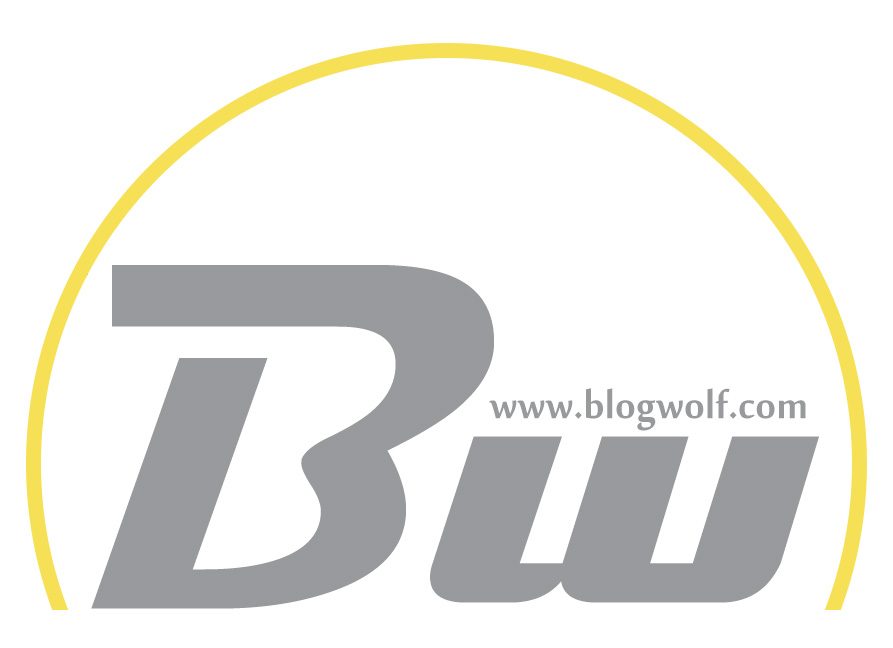Table of Contents
As 2025 unfolds, the cryptocurrency market continues to evolve at a rapid pace, with increasing numbers of traders and investors entering the space. Whether you’re holding Bitcoin, Ethereum, or a diverse portfolio of altcoins, choosing the right crypto wallet is essential for safeguarding funds and minimizing transaction and service fees. Fortunately, a wide array of wallets with low fees are available, catering to both experienced investors and newcomers alike.
In this article, we’ll dive deep into the best crypto wallets with low fees in 2025. We’ll explore their features, security measures, compatibility, and of course, their costs. Our focus is on providing useful, digestible information so that you can make an informed choice for your crypto journey this year.
Why Wallet Fees Matter
Every transaction in the crypto world can come with fees — whether it’s a network fee or a fee imposed by the wallet provider. For traders and investors who transact frequently, these fees can stack up quickly. Selecting a wallet with low or customizable fee options can significantly boost long-term profitability.
Moreover, wallets with support for low-fee blockchain networks or Layer-2 scaling solutions, like Polygon or Arbitrum, can make a big difference for cost-conscious users.
Types of Crypto Wallets
Before we look at specific wallets, it’s important to understand the main types of crypto wallets available:
- Hot Wallets: Software-based wallets connected to the internet. Great for quick access and frequent trading.
- Cold Wallets: Hardware or offline wallets used to securely store assets over long periods with minimal exposure to cyber threats.
For active traders, hot wallets are more popular due to their convenience. However, security-conscious investors often use a combination of both.
Top Crypto Wallets with Low Fees in 2025
1. Trust Wallet
Best for mobile users who want to manage multiple assets on the go
Trust Wallet remains one of the most popular wallets in 2025, and for good reason. With no fees for wallet installation or custody, it only charges for the gas needed for blockchain transactions.
Key features:
- Supports over 70 blockchains and more than 250,000 assets
- Integrated DApp browser for DeFi access
- Adjustable gas fees for Ethereum and Binance Smart Chain
Fee advantage: Trust Wallet doesn’t charge transaction or swap fees, though third-party services within the app may have small fees. The ability to manually set gas fees gives users cost control on networks like Ethereum.

2. MetaMask
Ideal for DeFi enthusiasts managing different Ethereum-based assets
MetaMask continues to be the go-to browser extension wallet for millions. With the rise of Ethereum Layer-2 solutions, MetaMask now allows users to avoid high gas fees by interacting with networks like Arbitrum and Optimism within their interface.
Key features:
- Custom network configurations
- Wide Layer-2 and sidechain support
- Intuitive interface and mobile app support
Fee advantage: MetaMask’s main fees come from swaps using their DEX aggregator, usually 0.875% per swap. However, sending crypto between wallets typically incurs only network fees, and new L2 support offers low-cost alternatives.
3. Ledger Nano X (with Ledger Live)
Best for long-term investors wanting hardware security with low transaction costs
The Ledger Nano X combines cold storage security with modern usability via the Ledger Live desktop and mobile apps. While the wallet itself is a paid hardware device, once acquired, ongoing use comes with zero hidden fees.
Key features:
- Secure offline private key storage
- Connects to DeFi apps and exchanges through WalletConnect
- Supports over 5,500 tokens
Fee advantage: Ledger doesn’t charge for holding, sending, or receiving crypto. Only blockchain network fees apply, and Ledger Live enables fee customization to control costs when transacting on congested networks.
4. Exodus Wallet
Best for newcomers looking for an intuitive design with desktop and mobile flexibility
Exodus combines style and simplicity, making it a favorite among crypto beginners. It supports swaps and portfolio tracking across many assets.

Key features:
- Supports more than 260 cryptocurrencies
- Available on desktop, mobile, and Trezor integration for added security
- Built-in exchange feature
Fee advantage: Exodus itself doesn’t charge transaction fees. You only pay network fees, although these can’t always be customized. Swap fees depend on third-party liquidity providers, often 1–3%.
5. Coinbase Wallet
Perfect for users who already rely on the Coinbase exchange
Coinbase Wallet isn’t just an extension of the popular exchange — it allows users to store assets independently. In 2025, the wallet supports multiple networks and Layer-2 chains that help users reduce fees dramatically.
Key features:
- Supports assets on Ethereum, BNB Chain, Polygon, Arbitrum, and more
- Built-in browser for DApp access
- Securely stores private keys on your device
Fee advantage: Sending crypto costs only the blockchain’s network fee. However, using swaps or bridge services within the wallet may incur a fee, typically up to 1%.
Most Affordable Wallet for Trading
Argent Wallet deserves a special mention for traders focused on Ethereum Layer-2 networks. The wallet is built on StarkNet, offering nearly zero gas fees and fast execution for swapping tokens, interacting with DeFi protocols, and storing NFTs. For those active in DeFi, Argent allows you to avoid fees that conventional Ethereum wallets typically incur.
Tips to Minimize Crypto Wallet Fees
Even the best wallet can incur high charges if you’re not mindful. Here are several strategies to help manage and minimize fees:
- Use Layer-2 networks: Arbitrum, Optimism, and StarkNet drastically reduce gas fees while retaining Ethereum’s security.
- Bundle transactions where possible: Consolidate multiple actions into a single transaction wherever supported.
- Transact during off-peak hours: Ethereum gas fees can fluctuate significantly during the day.
- Choose wallets that allow customizable fees: This is key in controlling transaction costs during volatile periods.

Final Thoughts
The right crypto wallet in 2025 depends largely on your trading habits, security preferences, and the networks you operate in. Whether you’re a high-frequency trader seeking low-cost execution or a hands-off investor protecting a long-term position, there’s a wallet with features and fee structures tailored to your style.
To summarize, here are the top picks based on usage:
- Best all-rounder: Trust Wallet
- Best DeFi integration: MetaMask
- Best cold storage: Ledger Nano X
- Easiest for beginners: Exodus
- Best Layer-2 wallet: Argent
As the ecosystem grows, selecting a wallet with low fees and robust features is more important than ever. Stay informed, transact wisely, and your fees won’t eat into your gains.

